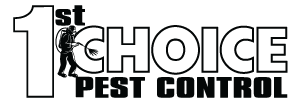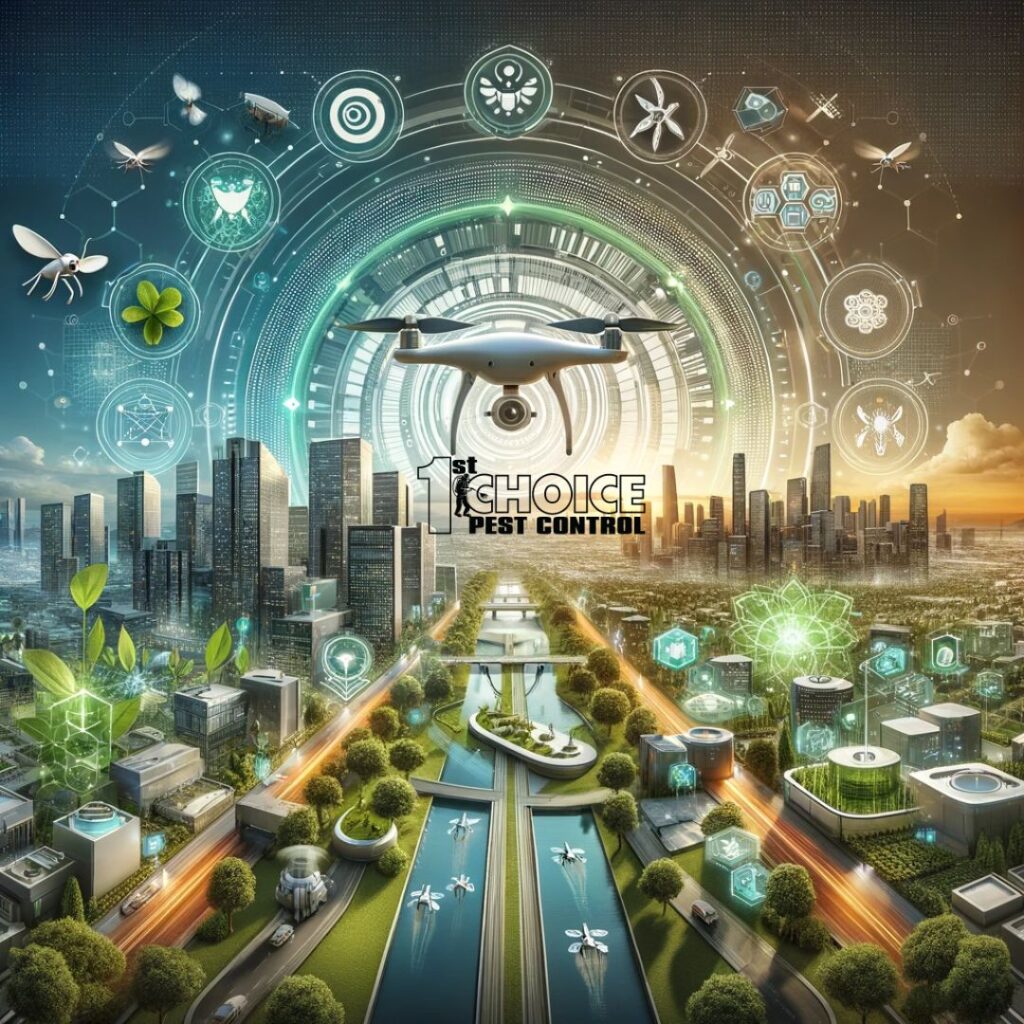Pioneering Pest Control Strategies: Innovations Shaping 2024 and Beyond
Welcome to the latest insights from 1st Choice Pest Control Strategies, where we’re not just about dealing with pests, but about pioneering the future of pest management. As we step into 2024, the pest control industry stands on the brink of a transformative era, propelled by technological advancements, ecological awareness, and a deepening understanding of public health dynamics. In this blog, we’ll delve into the cutting-edge strategies that are reshaping how we approach pest control – strategies that are not only more effective but also environmentally conscious and aligned with our modern lifestyles.
At 1st Choice Pest Control, our commitment goes beyond merely addressing pest issues. We’re dedicated to leading the charge in adopting innovative solutions & pest control strategies that ensure the safety, comfort, and health of our communities. From eco-friendly methods to the latest technological tools, we’re excited to share the trends and breakthroughs that are setting the course for pest control in 2024 and beyond.
Join us as we explore the dynamic world of pest management, where each strategy and tool opens new doors for safer, more efficient, and sustainable ways to keep our environments pest-free. Whether you’re a homeowner, a business owner, or simply someone interested in the latest in pest control, this blog will provide you with valuable insights and practical tips to stay one step ahead of the pests.
The Rise of Eco-Friendly Pest Control Methods
In recent years, there’s been a significant shift in the pest control industry towards more environmentally sustainable practices. This move is not only driven by increasing ecological concerns but also by a growing awareness among consumers about the impact of traditional pest control methods on health and the environment. Let’s explore some of these green pest control methods that are gaining popularity.
- Biological Pest Control: This strategy involves using natural predators or parasites to control pest populations. For instance, introducing ladybugs to control aphid populations in gardens. It’s a method that works with nature, rather than against it, and can be particularly effective in agricultural settings.
- Botanical Insecticides: Derived from plants known for their insect-repellent properties, these natural insecticides offer a less toxic alternative to synthetic chemicals. Neem oil, pyrethrin, and essential oils like peppermint and citronella are some examples that are being increasingly used in both residential and commercial pest control.
- Physical Pest Control Methods: These include various non-chemical approaches like traps, barriers, heat treatments, and ultrasonic devices. Such methods are not only eco-friendly but also reduce the risk of pests developing resistance, a common issue with chemical pesticides.
- Reduced-Risk Pesticides: For situations where chemical interventions are necessary, reduced-risk pesticides, which are less harmful to the environment and non-target species, are a preferable option. These pesticides break down more quickly and are less likely to accumulate in the environment.
- Preventative Measures: Perhaps the most sustainable approach is to prevent infestations before they start. This includes practices like proper waste management, sealing entry points, and maintaining clean, dry environments that are not conducive to pests.
These eco-friendly strategies align with a broader global movement towards sustainability. They offer effective pest control solutions while minimizing ecological footprints, making them a win-win for both the pest control industry and the planet.
In the next section, we will look at how technology is revolutionizing pest control, offering smarter and more efficient ways to manage pest issues.
Technology and Pest Control: A Digital Revolution
As we enter 2024, technology is at the forefront of revolutionizing pest control, introducing smarter, more precise, and efficient ways of managing pests. This digital transformation is not just a trend; it’s a paradigm shift that’s redefining the industry. Here are some key technological advancements shaping the future of pest control:
- Artificial Intelligence (AI) and Machine Learning: AI is being used to analyze patterns in pest behavior, predict infestations, and optimize treatment strategies. Machine learning algorithms can sift through vast amounts of data to identify pest hotspots and forecast future outbreaks, enabling proactive management.
- The Internet of Things (IoT) for Monitoring: IoT devices, such as smart traps and sensors, are revolutionizing pest monitoring. These devices can detect pest activity, send real-time alerts, and even track the movements of pests, allowing for swift and targeted responses.
- Remote Monitoring and Reporting: Advanced monitoring systems enable pest control professionals to remotely observe and manage pest activity. This technology not only improves response times but also reduces the need for frequent on-site visits, making pest management more efficient and less intrusive.
- Automated Pest Control Systems: Automated systems, such as self-regulating traps and dispensers for bio-repellents, are increasingly being adopted. These systems can operate continuously without human intervention, maintaining consistent pest control measures.
- Drones and Robotics: Drones are being used for aerial surveillance of large areas, such as farms and warehouses, to identify pest infestations. Similarly, robotic technology is being employed for tasks like applying pesticides in hard-to-reach areas, reducing human exposure to chemicals.
- Data Analytics and Predictive Modeling: By analyzing trends and historical data, pest control companies can predict pest outbreaks and tailor their strategies accordingly. This data-driven approach leads to more effective and efficient pest control solutions.
These technological innovations are not just about tackling pests more effectively; they’re about smarter resource allocation, minimizing environmental impact, and enhancing safety for both technicians and clients. The future of pest control is here, and it’s digital.
In the next section, we’ll explore the crucial link between pest control and public health, and the emerging concerns in this area.
Pest Control and Public Health: Emerging Concerns
The intersection between pest control and public health is increasingly significant. As we move into 2024, new concerns are emerging that require our attention and action:
- Rising Urban Pest Populations: With urban expansion, pests like rodents and mosquitoes are becoming more prevalent, posing health risks such as the spread of diseases.
- Climate Change and Pest Dynamics: Changing weather patterns are affecting pest behaviors, leading to unpredictable infestations and the spread of pests to new areas, including those that transmit diseases like Lyme disease and West Nile virus.
- Community Involvement: Educating the public on pest prevention and control is vital. Public awareness campaigns and community-based programs can play a significant role in mitigating pest-related health risks.
- Collaboration with Health Agencies: Pest control companies are increasingly collaborating with public health organizations to address pest-related health issues, providing expertise in controlling pest populations and reducing disease transmission.
Integrated Pest Management (IPM): A Holistic Approach
Integrated Pest Management (IPM) is a holistic, strategic approach to pest control that minimizes risks to humans and the environment:
- Principles of IPM: IPM involves a combination of techniques like biological control, habitat manipulation, and the use of resistant varieties. Chemical pesticides are used only as a last resort.
- IPM in 2024: Advancements in IPM include the use of new biological control agents, improved monitoring tools, and more effective non-chemical methods.
- Case Studies: Real-world examples of successful IPM implementations showcase its effectiveness in various settings, from agricultural fields to urban landscapes.
New Products and Innovations in the Market
The pest control industry is continually evolving, with new products and innovations offering improved solutions:
- Advanced Chemical Formulations: Newer, safer chemical formulations are being developed, reducing the environmental impact and health risks associated with traditional pesticides.
- Smart Traps and Barriers: The latest in traps and barriers offer more humane and effective solutions, integrating smart technology for better monitoring and control.
- Future Trends: Anticipated trends include increased use of genetic pest control methods and further advancements in eco-friendly solutions.
Conclusion
As we look towards the future of pest control in 2024 and beyond, it’s clear that innovation, technology, and a commitment to public health and environmental stewardship are key drivers of the industry. At 1st Choice Pest Control, we’re excited to be at the forefront of these developments, offering our clients the latest and most effective pest control solutions.
Whether you’re dealing with a current pest issue or looking to prevent future infestations, we’re here to provide expert advice and services. Remember, effective pest control is not just about eliminating pests; it’s about creating healthier, safer environments for us all.



 Service Request
Service Request